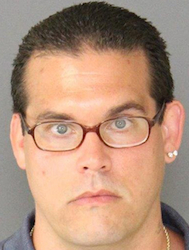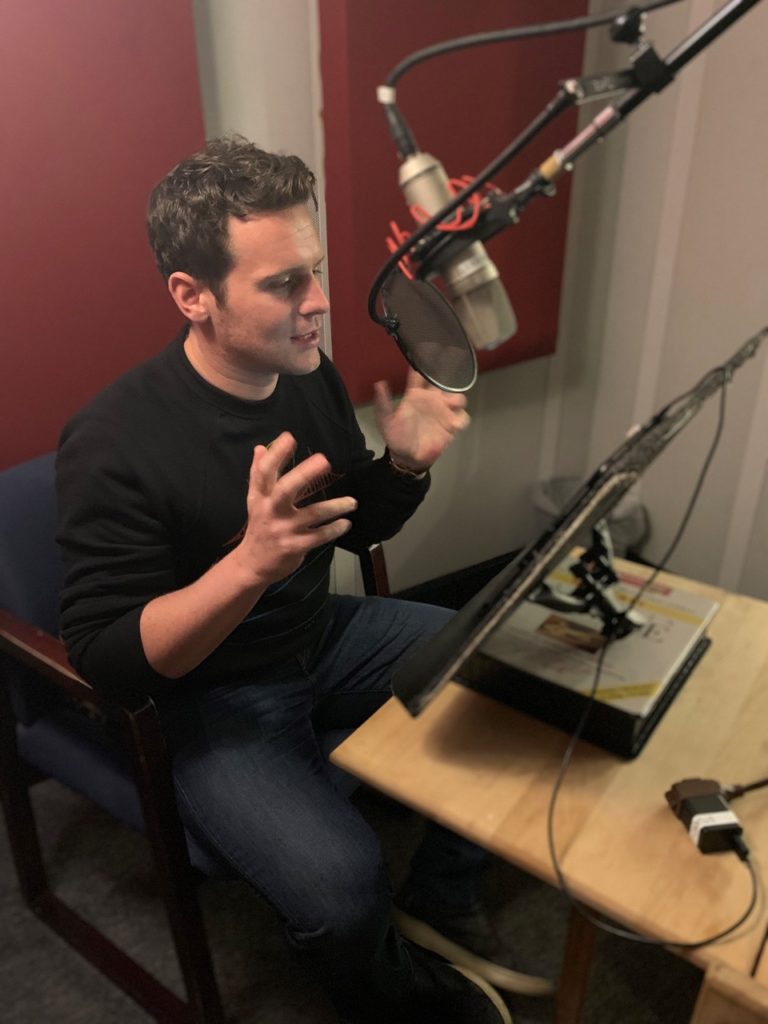This past Monday, Cory Roberts, 37, was released from a detention center for sexually violent predators in Seattle, Washington, and placed in a halfway house in Tacoma. As a 13-year-old in 1990, Roberts raped and beat a three-year-old girl he was babysitting, leaving her near death, brain damaged and partially paralyzed. He was freed from incarceration in 2001, but within weeks, he had committed another sexually predatory crime, this time on a three-year-old boy. He was convicted and re-incarcerated.
Now, psychologists who examined him have determined that Mr. Roberts is no longer dangerous, no longer sexually attracted to young children, and that he does not have the “mental abnormality” necessary to keep him locked up.
What is wrong with this picture?
From long experience, our view of prison psychiatric reports is one of skepticism. Some of these psychiatrists and psychologists are very good and perceptive. But too many of them rely on self-reporting by the inmate rather than careful analysis of the prior behavior and dynamics of the crime itself. Moreover, in the highly structured prison environment, a lot of these guys do well and don’t cause any trouble. However, experience has shown time and again that this is no guarantee, or even necessarily an indicator, of how they will do in the outside world.
The little girl Roberts attacked is now a 27-year-old woman. According to her mother, she has the mental capacity of a ten-year-old, is blind in one eye and uses a wheelchair. That mom is extremely worried that a free Cory Roberts will hurt someone else. So are we.
In addition to the brutal sexual attacks on the two three-year-olds, Roberts repeatedly assaulted two of his male roommates in the juvenile detention facility to which he was assigned.
So here’s the bottom line: The only reliable predictor of future behavior is past behavior. And if you release a hundred Cory Roberts types on parole, what is your acceptable failure rate?
In other words, how many little girls and boys are you willing to sacrifice if any of these guys actually still are attracted to young children and still possess a predatory mindset and drive? Is a ten percent failure rate acceptable? How about a five per cent failure rate? Three percent? One?
Men do not grow out of sexual predation once it is lodged in their feverish brains. Or if some do, not enough to take a chance on what they will do.
And if a free Cory Roberts does reoffend, who will be responsible this time? It’s not a chance we would take on a bet.




























I’m very interested in kids who commit violent crimes, and I often wonder if this is in large part due to our suppressing perfectly natural violent impulses in kids. We tell pre-schoolers, “use your words.” Are we demanding impulse control from people who can barely tie their own shoes? When I was in the schoolyard, back in the 1960s, adults used to look on at us beating the crap out of one another, and saying “They’re working it out.” I can’t think of one single kid I grew up with ever committing a violent crime. Is violence something that has to be worked out? Are we doing kids a disservice by not allowing them to get it out of their systems in ways that might be perfectly natural? Does it fester and manifest in extremely violent behavior later in some cases? When we’re very young, we’re creatures of action, not words. “I’m sorry” is meaningless – we’re just parroting what adults tell us. Just my thoughts. Others would be welcome.
This guy is way too dangerous to be released. He had a second chance and he showed that he was not willing to change. Maybe that sounds harsh but the risk he poses is too great to take the chance of releasing him.
I would have taken a chance on him the first time when he was released in 2001 only because when he committed the crime he was only age 13 and had been incarcerated for 11 years by his release.
11 years especially for a 13 year old boy in the US prison system is not going to ‘help’ anyone or make them ‘better’.
But after 11 years inside when he was released at age 24 and did the same crime to another child and plus had a record of raping his ‘roommates’ in the prison system… no I would not take a chance on him again after his 2001 2nd conviction.
P.S. I would like to add that I know you Mark, and John are for stiff penalties to protect the public and justice and I agree with that. But I’m beginning to rethink ‘trying 12 year old and 13 year old children as ‘adults’ sending them to prison for life at age 12-13 and throwing away the key forever.
Their child crimes are horrible true (rape/ beating of a 3 year old, multiple stabbing of another 12 year old), but at so young age 12-13 it seems to me they might be ‘savable’ and actually rehabilitated if we even tried instead of the brutality of long term prison. In my opinion if they weren’t ‘monsters’ when they went into the system, they sure will be monsters when they ever get out, and the financial cost to taxpayers of life sentences for 12 years olds (maybe 70 years in prison) is staggering.
I agree with you about the young teens, Watson. I think you have to keep reevaluating as you go along. One reason that some jurisdictions try them as adults is so they can keep them for longer terms, but I think the sentencing needs to be altered to address that. Thanks.
What happened to this 13 year old boy (child) that made him commit such a heinous act? I don’t believe a 13 year old should be dealt with like an adult, whether they know right or wrong, there is more to it than that. Adults to wrong things everyday, but get away with them..